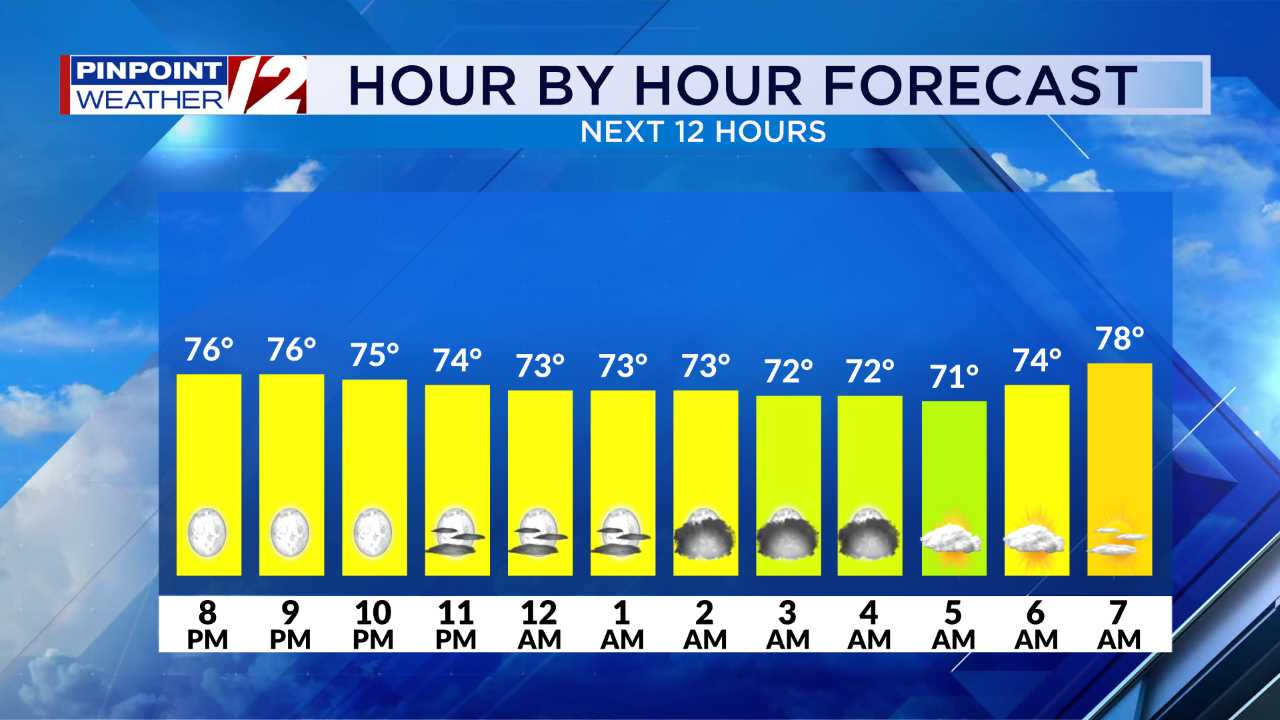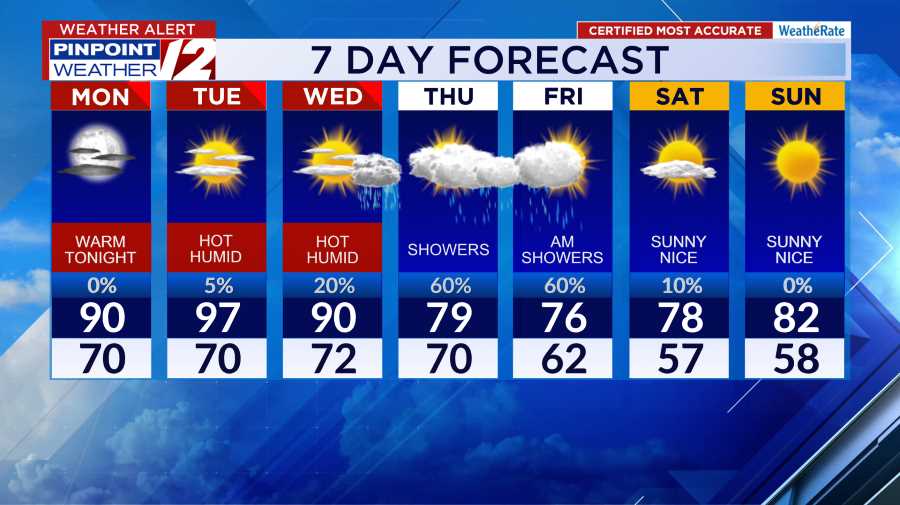A followup to our 12 on 12 Digital Original: State of the Bay
SOUTH KINGSTOWN, R.I. (WPRI) — Our ponds and lakes have been changing in recent years, and this winter — the seventh warmest on record so far — has not helped. Couple that with the rain and we could be looking at problems in area bodies of water.
“All this runoff we’ve been having with all the rain is going to be bringing with it nutrients, animal waste and all the nutrients associated with that. All that stuff is food for the water,” explained Elizabeth Herron, the director of the University of Rhode Island’s Watershed Watch Program.
The Watershed Watch program has worked with volunteers around the state to track water quality in local lakes and ponds. The program has allowed researchers to better understand the changes they’ve gone through.

The nutrients, which provide food in the water, can help with algae and aquatic plant growth. The impacts of the warm winter are already evident.
“I noticed recently on the shoreline that we’re still seeing plants growing in February. These are plants that typically die off in the winter,” Herron said.
Too much algae in a pond or lake can allow invasive species to grow out of control or potentially lead to fish kills.
“We could possibly see an impact to the number of fish, as we often see in the spring…die-offs,” Herron added.
In addition, warming waters, as we’ve been seeing in recent years, can cause potentially dangerous cyanobacteria blooms.
“Those cyanobacteria blooms, some species can produce toxins that can be harmful to people and to pets,” Herron said.
To track all the waters around Rhode Island, the URI water-monitoring program relies on volunteers to take samples of ponds and lakes. The university then analyzes the samples. They’re looking for more volunteers to take part in the research.
“Our volunteers, some who have been doing this for 10, 15, 20 years, are helping us understand how Rhode Island’s waters are changing,” Herron added.
Volunteers are needed for dozens of locations around the state. For more information or to register for the training sessions, contact Elizabeth Herron at (401) 874-4552 or eherron@uri.edu.



























































